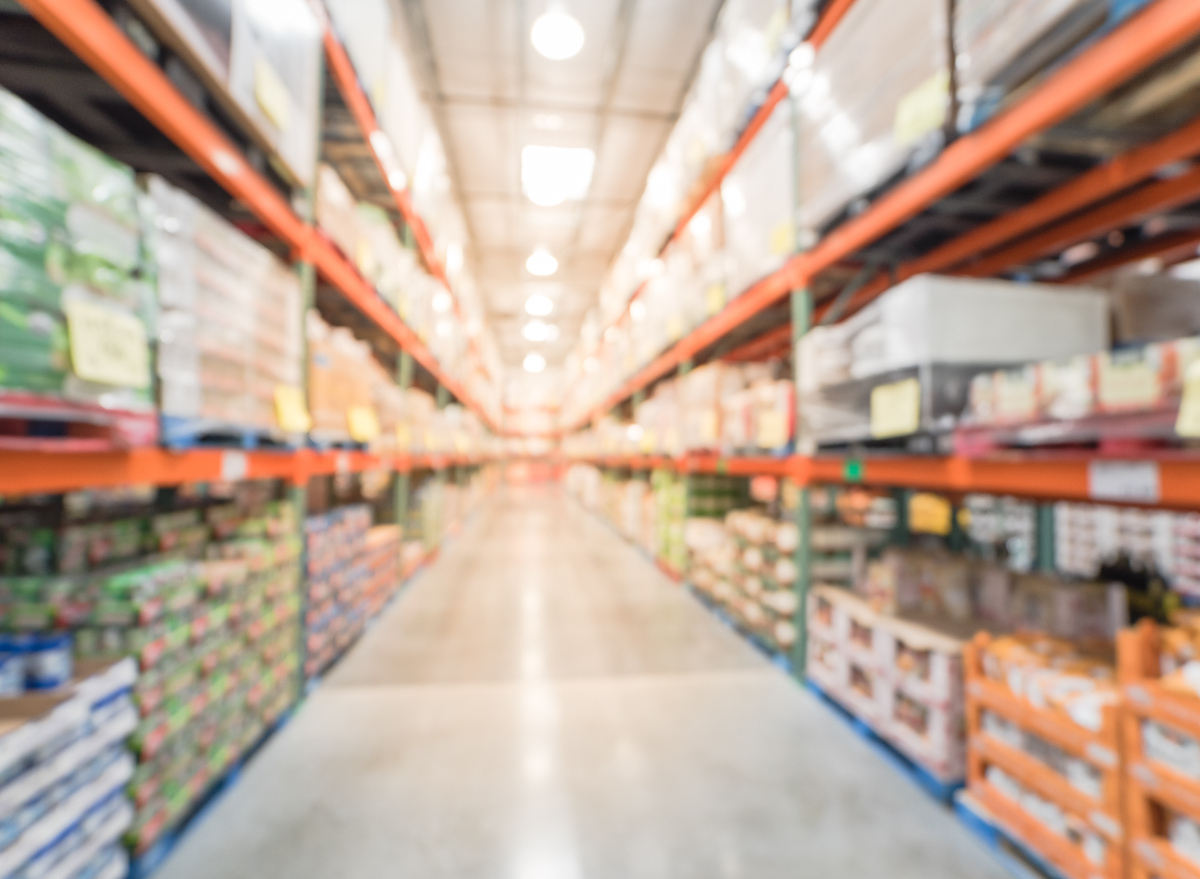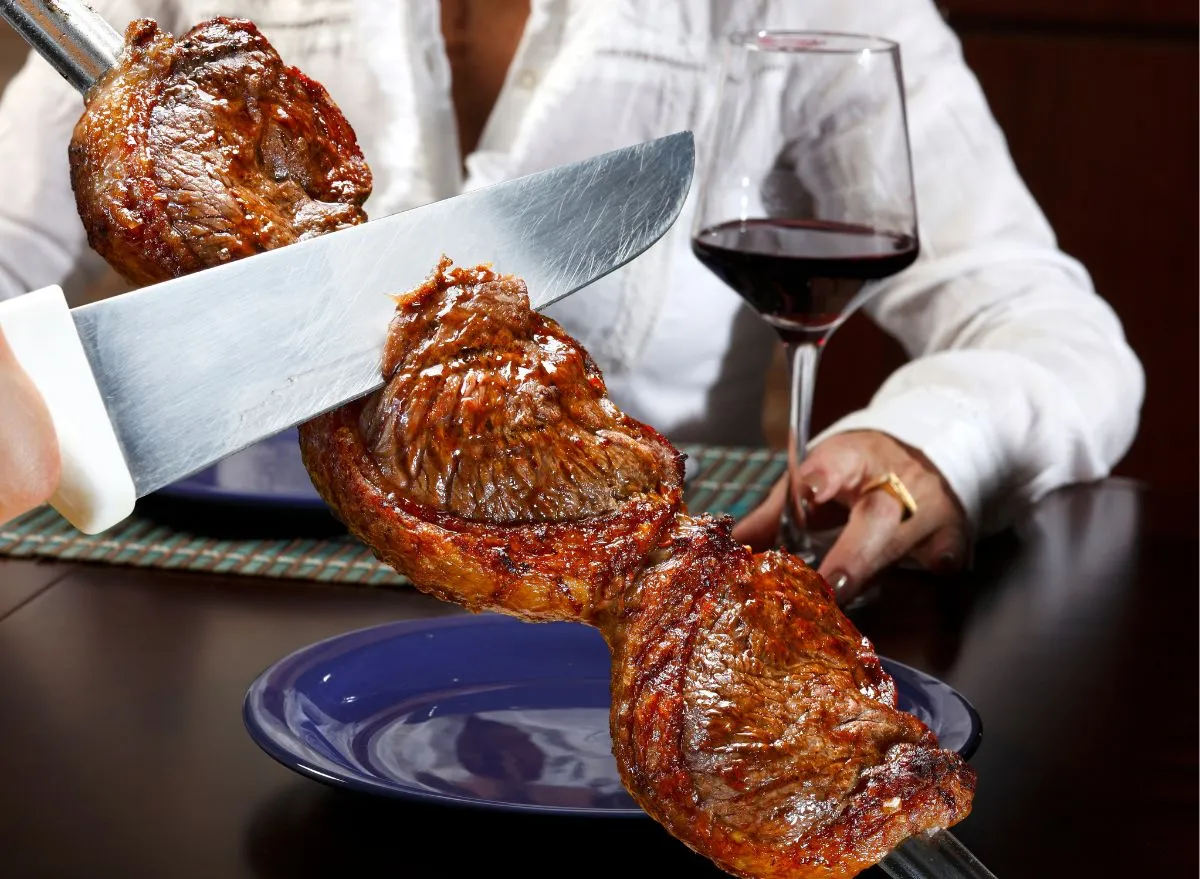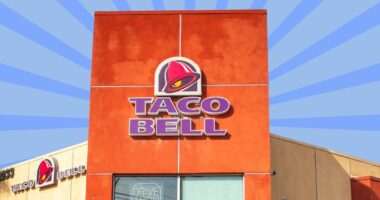
Much like online grocery shopping and food delivery services, bulk buying is a trend that owes much of its recent spark in popularity to the pandemic. In early 2020, memberships to wholesale clubs like Costco and Sam’s Club quickly became some of the hottest tickets in town as shoppers panic purchased and stocked up to avoid unnecessary exposure to the outside world.
Now, over two-and-a-half years later, bulk buying doesn’t seem to have lost its luster—made evident by Costco and Sam’s Club’s stronger-than-ever sales numbers. People continue to lean on the convenience of bulk shopping in order to feed large families, stay ahead of potential grocery shortages, save money, or save time with fewer trips to the store.
While bulk buying has its benefits, it’s also a tricky game. Shoppers forget to consider that their jumbo-sized treasures are not immune to spoiling, molding, or going stale, and that those seemingly “cost-effective” purchases can quickly turn into money down the drain.
Costco shoppers have experienced this firsthand with the warehouse’s fruits and vegetables. But, apparently the problem is widespread at bulk retailers. We checked in with numerous food and grocery experts, and across the board, buying fresh produce in bulk is something most avoid doing.
“Even though it may be tempting to buy bulk produce, I have found that doing so results in more waste than anything else,” says nutritionist Lauren Manaker. “Anything that has a short shelf-life typically isn’t the best thing to get in bulk, unless you have a large family or you know you are feeding a crowd. Fresh fruits and vegetables may not be the best choice for many people.”
Wes Wright, CEO and founder of Cookout News, offered similar words of wisdom. As an expert in outdoor cooking, Wright frequently turns to Costco and Sam’s Club to pick up fresh meat and other groceries in high volumes in order to test various grills, smokers, or other cooking equipment. However, he would not recommend wholesale stores’ produce to the average shopper. “Vegetables are probably the worst to buy in bulk,” Wright says. “Unless you’re having a party, it’s unlikely you’ll be able to eat it all before it spoils.”
You may not need to avoid all large-quantity fruits and veggies, however. Some produce items are likely able to handle a few extra days in the fridge or on the shelf.
READ RELATED: Thanksgiving Day Grocery Store Hours: Here's What's Open
Nutritionist Sydney Greene called out potatoes or onions as a safer bulk purchase, but says any produce items that need to be refrigerated are a no-go. She also warns that health risks could possibly arise if these kinds of fresh items are kept for longer than their shelf life.
Nutrition coach, personal trainer, and health journalist Rachel MacPherson blacklists a few specific vegetables as well as pre-cut produce. “I would advise against buying anything you cannot use before the expiry, but especially things like baby greens, spinach, asparagus, and pre-chopped fruits,” she says. “These items tend to wilt and go bad before you can use them, even in a big household (we have seven people in my house and this can still be an issue).”
Processed foods such as sugary cereals, chips, and candy are also a turn off for more experienced shoppers. These items can go stale or bad extremely quickly after opening–especially when you buy them in monster-sized boxes like the ones sold at stores like Costco. Dietician Amy Goodson additionally points out that they can promote unhealthy eating behaviors.
“Chips, junk foods, pastries, candy, and sugar-sweetened beverages top the list as things not to buy in bulk,” Goodson says. “These types of foods are typically higher in calories, saturated fat, added sugar, and lower in nutrients. It’s not to say that there are not ‘better-for-you’ alternatives in each category, because there often are, but as a rule, don’t grab these in bulk.”
We know that despite these drawbacks and risks of food waste, some bulk deals at your local wholesale store are just too good to pass up. So, there are a few insider tips and tricks of the trade you can use in order to better preserve your cherished grocery purchases and ensure you are still getting the best bang for your buck.
MacPherson recommends freezing items like pre-chopped fruits and veggies for later use and also storing various dry goods—such as cereals or grains—in airtight containers to promote a longer shelf life.
Goodson additionally recommends purchasing frozen or canned veggie varieties as a great time-saving and waste-reducing alternative. “These foods stay fresher longer and often help you save money at the grocery store and cut down on food waste,” she says. “If you have an extra fridge in your garage or extra storage space, these can be great ways to stock up on produce without it going bad.”
In order to assure you are actually receiving a good wholesale deal when you buy in bulk, it’s a good idea to do frequent cost comparisons. Wright suggests pulling up the app or website for your local grocery store as you shop in order to do real-time price checks. He finds that in doing so, he can usually decipher if he’s better off just purchasing the item on sale at his local supermarket and at a more manageable quantity.
Source:










